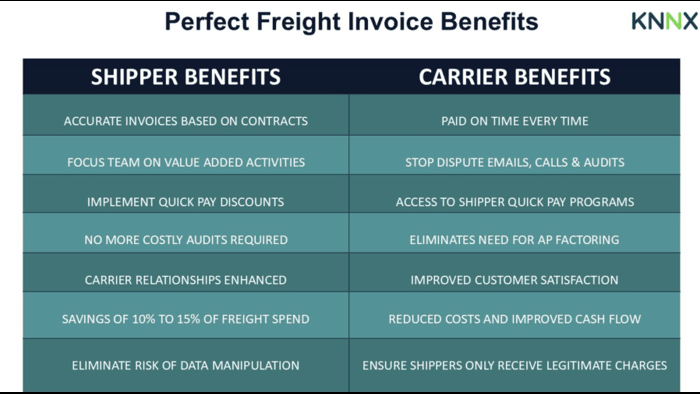RILA Urges FMC to Clarify Ocean Shipping Reform Act
- By [ Sarah Gilmore ]
- 10/24/2022
It has been widely reported that ocean carriers have yielded outrageous and unprecedented demands on many U.S. importers. The pandemic highlighted just how bad and unbalanced things have gotten when it comes to the contractual relationships between carriers and importers. RILA’s membership includes 9 of the 15 largest importers in the U.S. so it’s very important FMC understands the “lived experience” retailers have as they finalize rules that will hopefully address some of the current problems.

The Ocean Shipping Reform Act was passed with the express purpose to provide not only the FMC itself, but also aggrieved shippers, with avenues of legal recourse for unreasonable conduct by VOCCs. In our comments, RILA urges the FMC to make it explicit that the law applies to common carrier conduct at any point in the parties’ dealings with each other and amend its final rule to strengthen its proposed burden-shifting framework for complaints about charges assessed by common carriers.
These changes will address more directly the experiences and concerns of U.S. importers regarding the provision of ocean freight services.
The full comment letter here. For more information, please contact RILA Director of Government Affairs Sarah Gilmore.
Tags
-
Public Policy
-
Supply Chain
-
Transportation and Infrastructure



